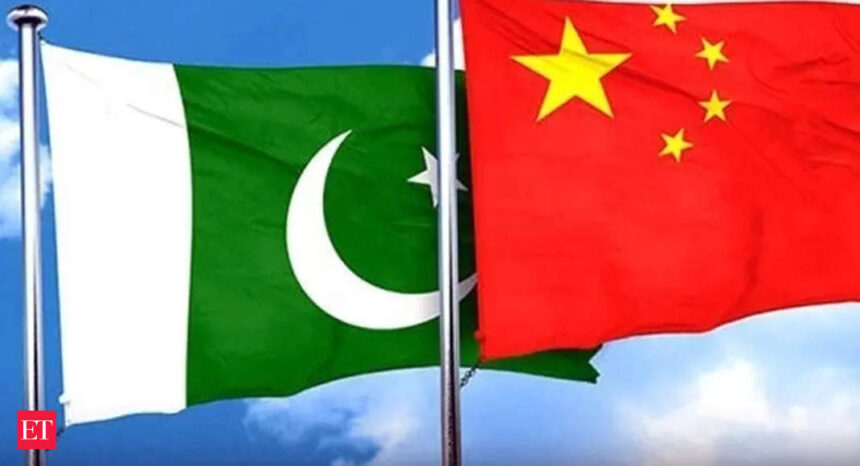“China stands ready to work with Pakistan to advance our all-weather strategic cooperative partnership, build an even closer China-Pakistan community with a shared future in the new era, and bring more benefits to the two countries and two peoples,” Foreign Ministry Spokesperson Wang Wenbin said in a press conference here.
“China congratulates Mr Kakar on his appointment as caretaker Prime Minister of Pakistan. No matter how the international landscape and the domestic situation in Pakistan may change, the ironclad friendship between China and Pakistan will always remain rock-firm and unbreakable,” he said in reply to a question from a Pakistani journalist.
Kakar, an ethnic Pushtun from the Balochistan province, who was unanimously chosen as Pakistan’s interim premier was serving as a senator but resigned from the post after his appointment as prime minister. He became the 8th interim prime minister of Pakistan.
Replying to a question on the terrorist attack on a military convoy carrying Chinese workers in the port city of Gwadar in the restive Balochistan province on Sunday, Wang said China strongly condemns the terrorist act and has asked the Pakistani authorities to bring the perpetrators to justice and take actions to keep Chinese nationals safe.
He, however, noted that no Chinese citizens were killed or injured in the attack. Two terrorists were killed by Pakistani security forces when they attacked the convoy. Gwadar is one of the focal points of the multi-billion China-Pakistan Economic Corridor (CPEC) with many Chinese workers working at the port. China is investing heavily in Balochistan under the CPEC. The Chinese embassy and consulate in Pakistan immediately activated the emergency response mechanism and reminded Chinese nationals, companies and project construction teams in Pakistan to stay alert, upgrade security measures, closely follow the security situation on the ground, guard against security risks, and keep themselves safe, Wang said.
“China will continue to work with Pakistan to jointly guard against and counter the threats of terrorism and effectively protect the safety of Chinese personnel, institutions and projects in Pakistan,” he said, asserting that no attempt to “sabotage” the friendship between Beijing and Islamabad and the CPEC will succeed.
The CPEC is an ambitious USD 60-billion project that Islamabad says will transform Pakistan by improving the country’s infrastructure, energy, industrialisation, and socio-economic development needs and bring an improvement in the livelihoods of the people.
The CPEC is a 3,000-km-long route of infrastructure projects connecting China’s northwest Xinjiang Uyghur Autonomous Region and the Gwadar Port in the western Pakistan province of Balochistan.
India has protested to China over the CPEC as it is being laid through Pakistan-occupied Kashmir (PoK).
Balochistan, bordering Iran and Afghanistan, is home to a long-running violent insurgency. Baloch insurgent groups have carried out several attacks targeting the CPEC projects in the region in recent times.
Pakistan has seen an uptick in terror activities, especially in Khyber Pakhtunkhwa and Balochistan, after the outlawed Tehreek-e-Taliban Pakistan (TTP) ended its ceasefire with the government in November last year.
The TTP, also known as the Pakistan Taliban, was set up as an umbrella group of several militant outfits in 2007.
Last month, as many as 12 soldiers of the Pakistan Army were killed in separate military operations in the Zhob and Sui areas of Balochistan. This was the military’s highest single-day death toll from terrorist attacks reported this year.








